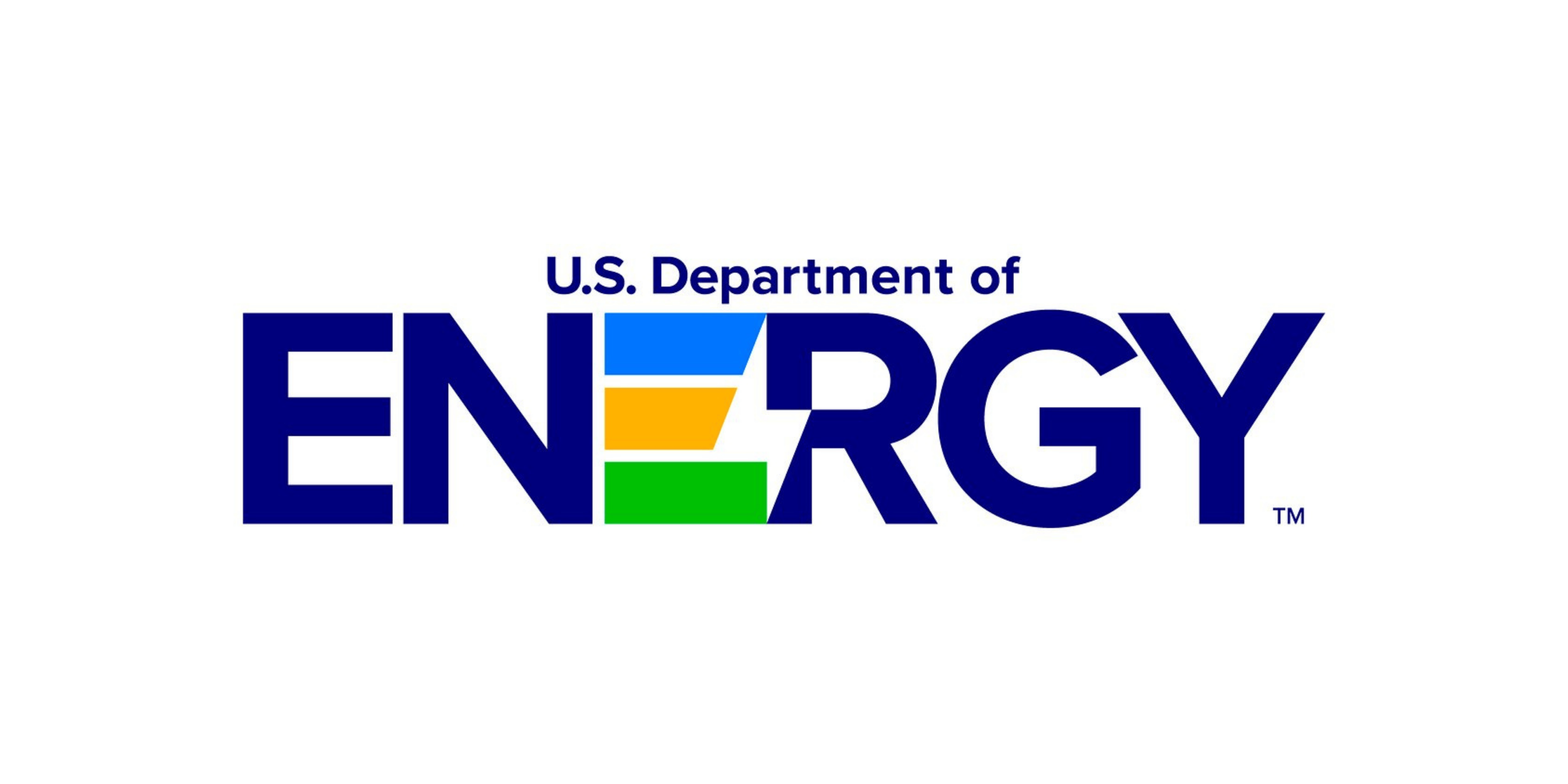Department of Energy Announces $625 Million for National QIS Research Centers

Insider Brief:
- The U.S. Department of Energy’s Office of Science announced $625 million in funding to support National Quantum Information Science Research Centers, aiming to advance quantum computing, communication, sensing, and materials research under the National Quantum Initiative Act.
- Proposals, led by DOE national laboratories, must address critical areas such as quantum communications, computing, devices, sensors, and materials, with pre-proposals due March 12, 2025, and full proposals by June 4, 2025.
- Established in 2020, the National QIS Research Centers collaborate across institutions to advance research and technology with applications in energy, medicine, finance, and national security, ensuring U.S. competitiveness in quantum innovation.
PRESS RELEASE — The U.S. Department of Energy’s Office of Science has announced the availability of $625 million in funding to support National Quantum Information Science Research Centers. This funding opportunity intends to accelerate advancements in quantum information science and technology under the framework of the National Quantum Initiative Act, a legislative effort to maintain U.S. leadership in quantum technology.
The National QIS Research Centers will support multi-institutional and multi-disciplinary teams designed to address foundational scientific challenges and develop new quantum-based technology platforms. These platforms are envisioned to develop new capabilities in quantum computing, quantum communication, and quantum sensing, with potential applications in materials science, chemistry, and other areas. By integrating research and technology development, the centers will adopt a “co-design” approach, blending basic science with engineering and applied research to drive innovation.
KEY DETAILS OF THE FUNDING OPPORTUNITY:
- Total Funding Available: $625 million, with up to $125 million for individual awards
- Lab Call Number: LAB 25-3530
- Pre-Proposal Deadline: Wednesday, March 12, 2025, at 5:00 PM ET
- Full Proposal Deadline: Wednesday, June 4, 2025, at 5:00 PM ET
- Eligibility: Proposals must be led by DOE national laboratories, with other entities eligible to participate as subawardees.
AREAS OF FOCUS
The funding is intended to support research in critical areas of QIS, including:
- Quantum Communications — Developing technologies to securely transmit quantum information over long distances.
- Quantum Computing and Simulation — Building and testing quantum systems capable of solving complex problems beyond the reach of classical computers.
- Quantum Devices and Sensors — Enhancing measurement capabilities using quantum properties for applications in fields like navigation and imaging.
- Materials and Chemistry for QIS Systems — Exploring materials that enable scalable and efficient quantum systems.
- Quantum Foundries — Establishing infrastructure to fabricate and test quantum components.
THE NATIONAL QUANTUM INFORMATION SCIENCE RESEARCH CENTERS
Since their establishment in 2020, the National QIS Research Centers have focused on advancing quantum technologies to address complex scientific challenges. Led by DOE national laboratories, these centers prioritize collaborative approaches to develop quantum science in areas such as quantum computing, communication, sensing, materials, and devices. Their work supports advancements with potential applications in fields including energy, medicine, finance, logistics, and national security.
Highlights from Ongoing Research:
- Qubit Optimization — Innovations in qubit fabrication to improve the performance of superconducting quantum systems.
- Materials for Quantum Systems — Development of direct-bonded diamond membranes for heterogeneous quantum technologies.
- Quantum Algorithms and Simulations — Demonstrations such as a 24-qubit toric code state using neutral atoms in optical tweezers.
Overview of the Five NQISRCs:
- Co-Design Center for Quantum Advantage (C2QA) — Led by Brookhaven National Laboratory, C2QA focuses on overcoming the limitations of current quantum computing systems by integrating advancements in materials, software optimization, and error correction.
- Q-NEXT — Based at Argonne National Laboratory, Q-NEXT develops technologies for quantum communication, quantum sensors, and secure quantum networks, and has established national foundries for quantum materials.
- Quantum Science Center (QSC) — Led by Oak Ridge National Laboratory, QSC focuses on topological quantum computing, quantum sensors, and algorithms, with an emphasis on transitioning technologies to the private sector.
- Quantum Systems Accelerator (QSA) — Based at Lawrence Berkeley National Laboratory, QSA pioneers the integration of quantum algorithms, devices, and engineering to deliver quantum advantage for scientific applications.
- Superconducting Quantum Materials & Systems (SQMS) Center — Led by Fermi National Accelerator Laboratory, SQMS focuses on mitigating decoherence in superconducting devices to enable more robust quantum systems for computation and sensing.
DOE INVESTS IN QUANTUM SCIENCE THROUGH COLLABORATIVE RESEARCH EFFORTS
This funding initiative reflects the a commitment at the government-level to support quantum science and collaborative efforts in order to address complex scientific and technological challenges within the field. By cultivating collaboration among universities, national laboratories, and private industry, a foundation for advancing quantum research and creating a skilled workforce can be built.
DOE officials highlighted the need for sustained investment to maintain U.S. leadership in quantum technology. According to the official announcement from the Office of Science, robust investment in quantum information science is essential as the ongoing development of quantum information science creates “urgent challenges for the nation, as growing international interest and investments fuel accelerating global activity in quantum science and technology.”
For more information, including application guidelines and eligibility requirements, review the program announcement here.
